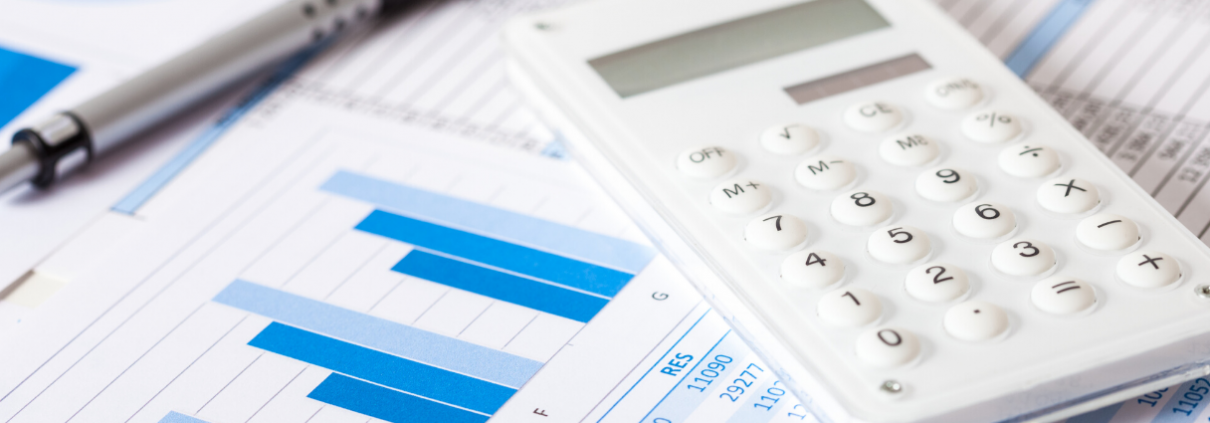Don’t Miss The January 2021 Tax Return Deadline
The time has come for millions needing to file a self-assessment tax return and pay the tax owed. All self-employed people are subject to have a deadline of 11:59pm on January 31st 2021, and there are still 5.4 million people left to file!
There are three separate issues to deal with:
- First of all, qualified taxpayers must file an online self-assessment tax return to HMRC for the 2019/2020 tax year, ending on 5 April 2020. The deadline for this has not changed.
- Next, if you were supposed to make an advance payment by the 31st July 2020, the government would have given you extra time to pay, which finishes on the above date.
- Finally, you will have to pay your balancing payment. This is any money owed from the 2019/2020 tax year unless a payment plan has been agreed.
If your tax return is three months late, you can be fined up to £100; it will be more if any later or if you pay your tax bill late. As well as this, you will be charged interest on any late payments, below is what you need to know.
Who needs to file a self-assessment tax return?
Most of the UK’s taxpayers have their taxes deducted straight from their pay, pension or savings. Therefore, they are not required to file a tax return.
If any of the following applied to you in the 2019/2020 tax year, you would need to submit a tax return.
- You earned more than £100,000 in taxable income.
- Your income was more than £50,000, and you or your partner were claiming child benefit.
- You were earning income abroad, or lived abroad and had a UK income.
- You received income from a trust.
- You filed a self-assessment tax return last year, even though no tax was owed.
If it is your first time filing, you can register online, and HMRC will send you a letter with an exclusive taxpayer reference after setting up your online account. If it is your first time, but you have already a unique code you may be able to skip this step. You must register as soon as possible as it can take up to 10 working days for your letter to arrive. You can find out more by visiting the HMRC website or by contacting us.
You can make payments on your account via bank transfer, debit card or cheque. If you have a paying-in slip, it is also possible to pay by bank or building society. HMRC will accept money under faster payment, this allows for cash to go through within a couple of hours; however, there may be a limit on how much you can send.
Furthermore, those who owe tax of less than £30,000 may have been able to use HMRC’s repayment plan. To be eligible for this plan you need to have filed your tax return by 31st January, have no outstanding tax returns, tax debts or payment plans in place. It is possible to pay this back through direct debit over 12 months, through your online tax account or by calling HMRC. Keep in mind that the repayment plan system will pay interest of 2.6% a year.
What if you cannot afford to pay?
If your bill is correct, but you cannot afford to pay you must contact HMRC as soon as possible, as you may be able to come to an arrangement in which you do not have to pay late penalties. You will need an exceptional explanation for not paying; it is usually something outside of your control that stops you from meeting your tax agreement. Such as:
- A death within your family
- Unexpected hospital stay
- A life-threatening illness
- Computer or software failures
- Difficulties with HMRC’s online portal
- A fire, flood or theft of property
The government can advise by providing help sheets and videos. You can also contact HMRC helpline for support in filing your tax return this January but note there are often long waiting times for assistance via phone. Your best option is to contact a local accountant such as ourselves for advice and help with your submission.



